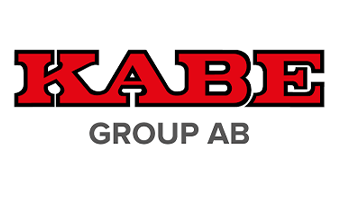KABE improved their IFRS 16 reporting with Leasify
For the publicly listed company KABE AB, the efficiency and management of its IFRS 16 processes have been a success. Leasify’s SaaS solution saves...
IFRS 16, introduced in 2019, is an international accounting standard that has significantly impacted companies' balance sheets. It is now mandatory for companies to record most of their lease contracts directly on the balance sheet, marking a significant shift from previous standards.
To illustrate this change, consider a company that leases an office building for a period of 10 years. Under the former accounting standards, the company would record the lease payments as an expense in the income statement over the lease period. But under IFRS 16, this building, or the right to use the building, will now appear as an asset on the balance sheet. Simultaneously, the company must also record a liability amount that corresponds to the present value of future lease payments. These changes can greatly impact a company's key figures, such as the debt ratio and operating margin.
It's important to note that there are certain exceptions to these rules. For example, companies do not need to balance lease contracts for assets of low value, such as a laptop, or lease contracts with a lease period of 12 months or less. But these exceptions are limited, and most companies will be affected to some extent by IFRS 16.
As companies navigate these changes, there are crucial choices to consider. For instance, companies can choose to apply a simplified approach at the transition, meaning they only need to balance contracts that are active at the point when IFRS 16 comes into effect. They can also choose to apply the full retrospective method, meaning they would need to recalculate and present their prior accounts as if IFRS 16 had always been applicable.
Despite these challenges, there are several advantages to following IFRS 16.

For the publicly listed company KABE AB, the efficiency and management of its IFRS 16 processes have been a success. Leasify’s SaaS solution saves...

BioArctic is a Swedish publicly listed research company developing new treatments targeting the causes of neurodegenerative diseases. They became a...

IFRS 16 is an accounting standard that affects how companies report leasing agreements in their financial reporting.Implementation of IFRS 16 can...
